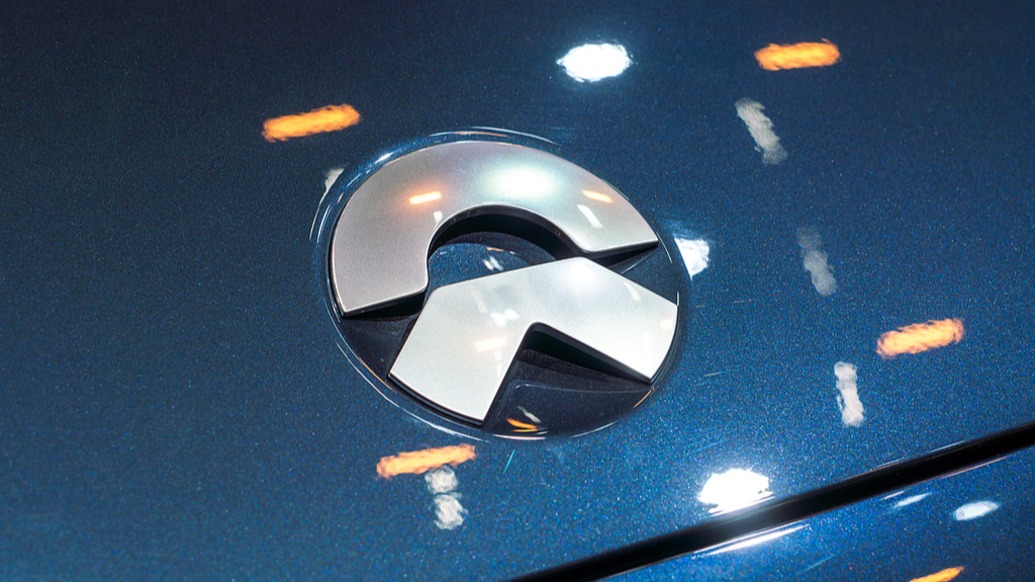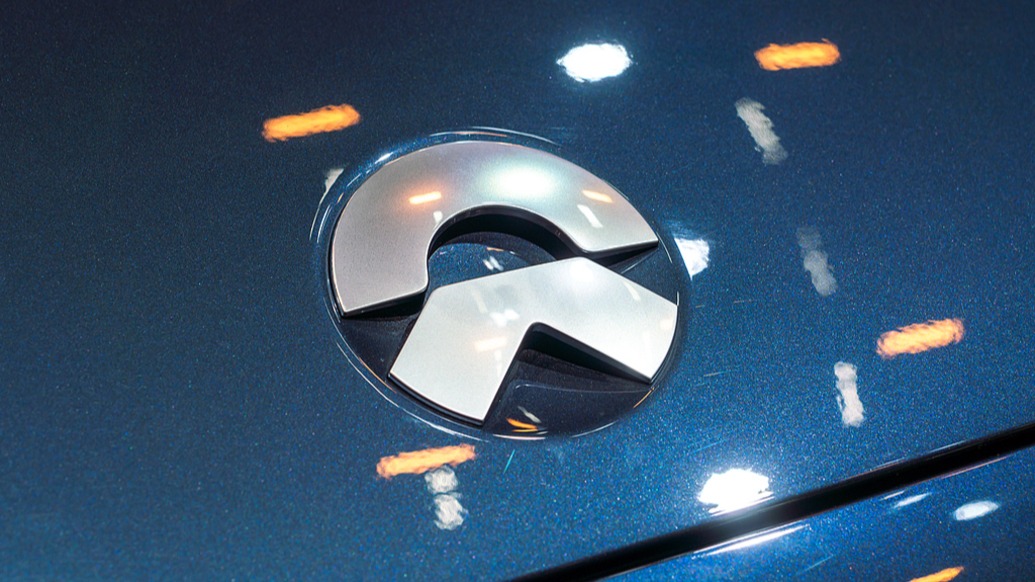

“Currently, the automotive industry has entered the final stage; by 2030, the competitive landscape will be relatively clear; and by 2035, a relatively stable situation is expected to emerge.” NIO founder, chairman, and CEO William Li made this assessment in an interview with The Paper on November 26.
“NIO is fortunate to be in the final round, and hopes to strive for a leading position in the next 10 years.” As for how to maintain its position, Li Bin gave a very clear path: focus on cars.
In recent years, humanoid robots, flying cars, and AI terminals have become common topics of conversation in the automotive industry.
In response, Li Bin stated that NIO will focus on its automotive business for a considerable period of time. During its previous development cycle, NIO explored various avenues, such as nuclear fusion, mobile phones, and smart glasses, experiencing numerous ups and downs. Reflecting on past endeavors, he frankly stated that people shouldn't worry about NIO lacking the imagination to "make waves"; on the contrary, NIO excels at "making waves." The current focus should be on "not making waves," working diligently, and concentrating on the organic growth of its intelligent electric vehicle business.
In his view, the potential of humanoid robots and other businesses is indeed worth exploring, but the total volume of the Chinese auto market, which is about 30 million vehicles per year, is also a vast ocean, and there is still huge room for growth that NIO needs to cultivate in depth.
NIO President Qin Lihong added that he hopes the outside world will not view NIO with preconceived notions, as NIO is actually becoming a highly focused company. Among emerging car companies, NIO's current business scope is actually relatively small, all revolving around cars.
"Focus" and "concentration" have become the mantras of NIO's senior management. On the one hand, the company is indeed under pressure to break even: NIO has given investors the goal of not only achieving profitability in the fourth quarter, but also achieving profitability in the next year's Non-GAAP (non-GAAP) annual period.
On the other hand, NIO has indeed received positive feedback from this strategy: in the third quarter of this year, the company's revenue hit a record high of 21.79 billion yuan, net loss narrowed by more than 30% year-on-year, and the gross profit margin of the whole vehicle also rebounded to 14.7%.
The recovery in performance is not only based on the increase in new car deliveries. Li Bin said that NIO can now be considered "one of the companies in the industry that calculates its costs and benefits very meticulously".
Since last year, NIO has been vigorously building its system capabilities, and this year it began to implement the basic business unit (CBU) mechanism, focusing on improving internal efficiency and reducing costs. "In the end, the automotive industry will still be about operational efficiency. If you don't have such capabilities, you will not be able to participate in the ultimate competition."
He explained that this year, the company rarely discusses "trading price for volume." Every frontline salesperson has their own business report, which is detailed down to where the leads come from and how much the sales costs are. The entire company is focused on pursuing higher efficiency and more cost-effective output.
The same mechanism has even been adopted on the supply chain side. Li Bin said that the company promotes a transparent supply chain and has established a "Supply Chain Partner CBU" to help suppliers calculate operating reports for their cooperation with NIO, so that supply chain partners can see whether they can make money and how much money they can make by cooperating with NIO, thereby reasonably allocating profits and seeking ways to eliminate waste and reduce costs for both parties.
Looking at the current situation, Li Bin frankly stated that since mid-October, the nationwide replacement subsidies have been gradually suspended or replaced by a lottery system, which has had a far greater impact on the market than expected. He revealed that new orders across the entire industry have recently declined significantly, and consumers are adopting a wait-and-see attitude. This has led to considerable uncertainty in the automotive market for the remaining month or so of the year.
Looking ahead to the first quarter of next year, Li Bin anticipates that the first quarter will remain a challenging period for automakers due to seasonal factors such as the Spring Festival holiday. According to industry practice, deliveries in the first quarter of next year are typically around 60% of those in the fourth quarter of this year. For NIO, however, the significant number of new ES8 orders awaiting delivery may alleviate some of the pressure.

